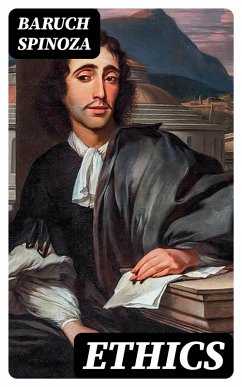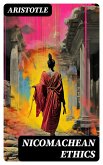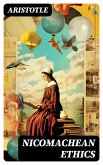Baruch Spinoza's "Ethics" is a pivotal work in Western philosophy, blending rigorous analytical rigor with a deep metaphysical exploration of reality. Fueled by a radical departure from Cartesian dualism, Spinoza introduces a geometrical method that elucidates complex ideas through clear axioms and propositions. The content delves into the nature of God, the universe, and human emotion, asserting that everything stems from a single substance-God or nature-and marks a foundational moment in rationalist thought by intertwining ethics with epistemology and metaphysics. Spinoza, a 17th-century Dutch philosopher, faced immense challenges due to his radical ideas, often deemed heretical. Growing up in a Jewish community that excommunicated him for his views, Spinoza's background in rabbinical scholarship and his deep engagement with the works of Descartes and Hobbes shaped his philosophical inquiries. His perseverance in articulating a rational outlook on spirituality and ethics reflects his commitment to a coherent and unified understanding of existence, which was profoundly countercultural for his time. "Ethics" is an essential read for anyone seeking to understand the interrelation of reason, emotion, and virtue. It poses striking questions about the nature of freedom, the essence of good, and the role of human beings in the cosmos. Spinoza's work will invigorate your philosophical journey, offering insights that resonate with contemporary existential and ethical debates.
Dieser Download kann aus rechtlichen Gründen nur mit Rechnungsadresse in A, B, BG, CY, CZ, D, DK, EW, E, FIN, F, GR, H, IRL, I, LT, L, LR, M, NL, PL, P, R, S, SLO, SK ausgeliefert werden.









